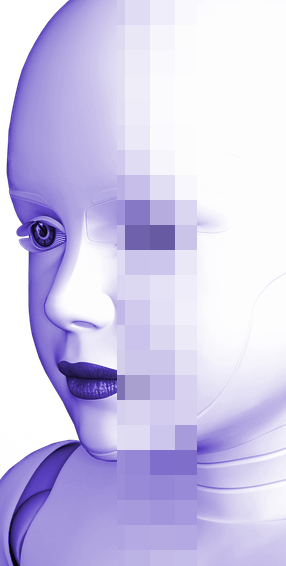AI seen as schooling boost
 Researchers are advocating for the careful integration of generative AI (GenAI) tools into education, aiming to enhance, rather than replace, human learning.
Researchers are advocating for the careful integration of generative AI (GenAI) tools into education, aiming to enhance, rather than replace, human learning.
A new study by Monash University’s Centre for Learning Analytics (CoLAM) provides a roadmap for adapting GenAI in educational settings, outlining its potential to complement traditional learning while fostering human critical thinking skills.
GenAI technologies, such as large language models and diffusion models, can simulate human-like conversations, generate realistic images, and create dynamic virtual environments.
These capabilities, according to Professor Dragan Gasevic, CoLAM Director and senior author of the study, can make education more immersive and engaging.
He says AI could transform learning by enabling students to interact with historical figures, artists, and scientists in innovative ways.
“Imagine students engaging in debates with digital twins of Socrates to explore ancient Greek philosophy, learning impressionist painting techniques from a humanoid robotic mentor modelled after Claude Monet, or visualising Einstein’s special theory of relativity in virtual realities,” Gasevic said.
The study calls for a “dual approach” to GenAI in education - learning both about and with AI.
It proposes collaborative efforts between researchers, educators, technology developers, and policymakers to ensure that AI tools are rigorously researched, ethically designed, and accessible to diverse learners.
Key recommendations include revising assessment processes to reward genuine human learning over AI-generated work, supporting educators as they adapt to AI tools, and improving AI literacy among students and teachers.
While GenAI holds promise for making education more adaptive and personalised, the researchers also caution about potential pitfalls. Ethical concerns, including transparency, privacy, and equity, remain unresolved.
GenAI can disrupt traditional assessments by producing outputs that appear more polished than students’ own work, making it harder to evaluate true understanding and skill development.
The study calls for clear regulatory measures to ensure accountability, inclusivity, and ethical usage in educational settings.
Dr Lixiang Yan, CoLAM Research Fellow and the paper’s lead author, says how GenAI could shift the role of educators from information delivery to mentorship.
“We anticipate a shift in educators’ roles, with GenAI reducing the burden of knowledge dissemination, allowing teachers to focus on deeper connections with students as mentors and facilitators,” Yan said.
However, this transition requires significant investment in professional development to help educators manage “techno-stress” and adjust to new digital teaching tools.
CoLAM is also working on AI tools for assessing collaborative writing, improving knowledge sharing among educators, and enhancing workplace learning.
The researchers are currently testing pioneering GenAI tools with secondary students across ten countries.
Their international studies aim to demonstrate how AI can enhance diverse skills, such as problem-solving and creativity, underscoring a global shift toward human-AI collaboration in education.








 Print
Print